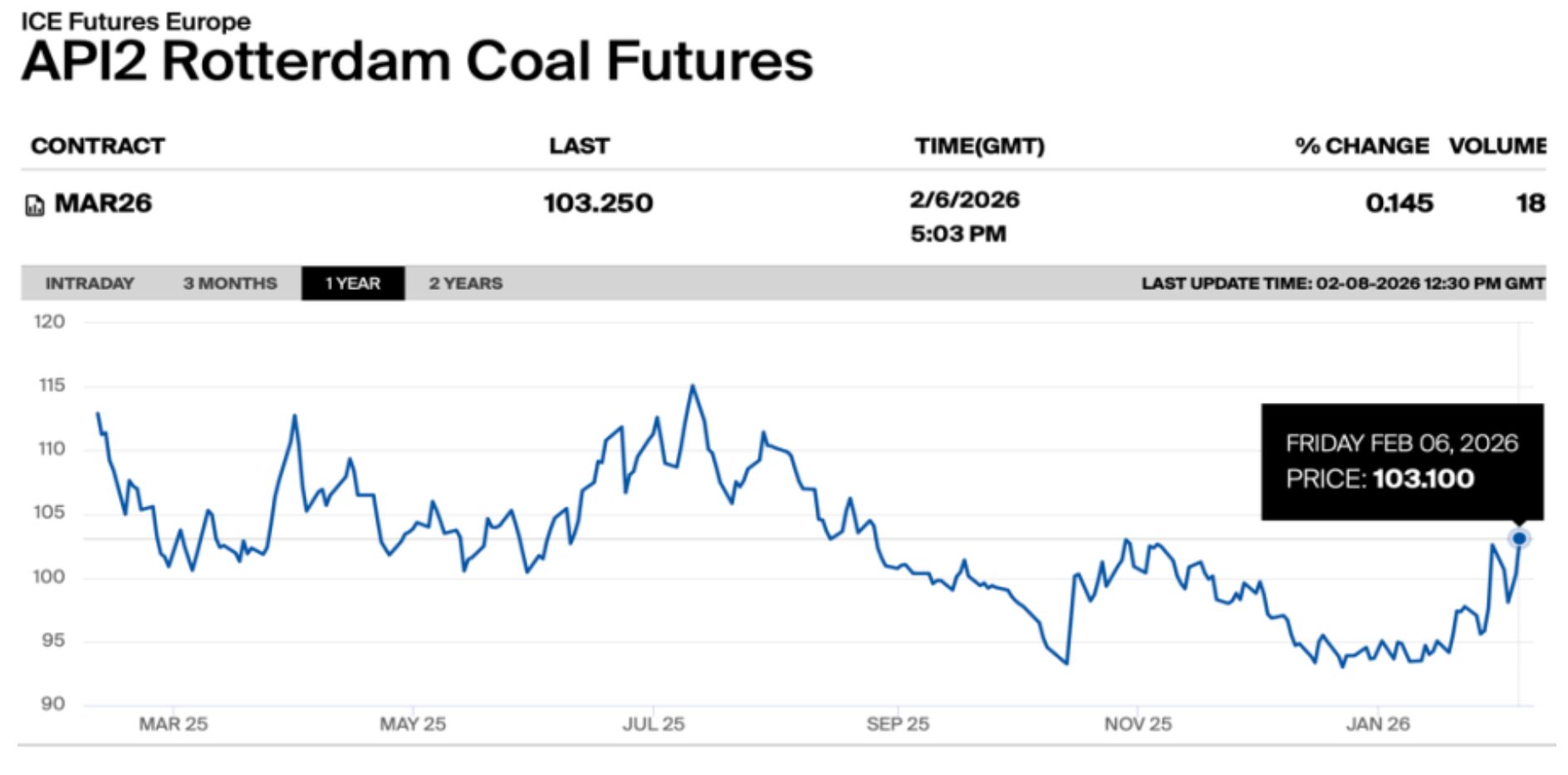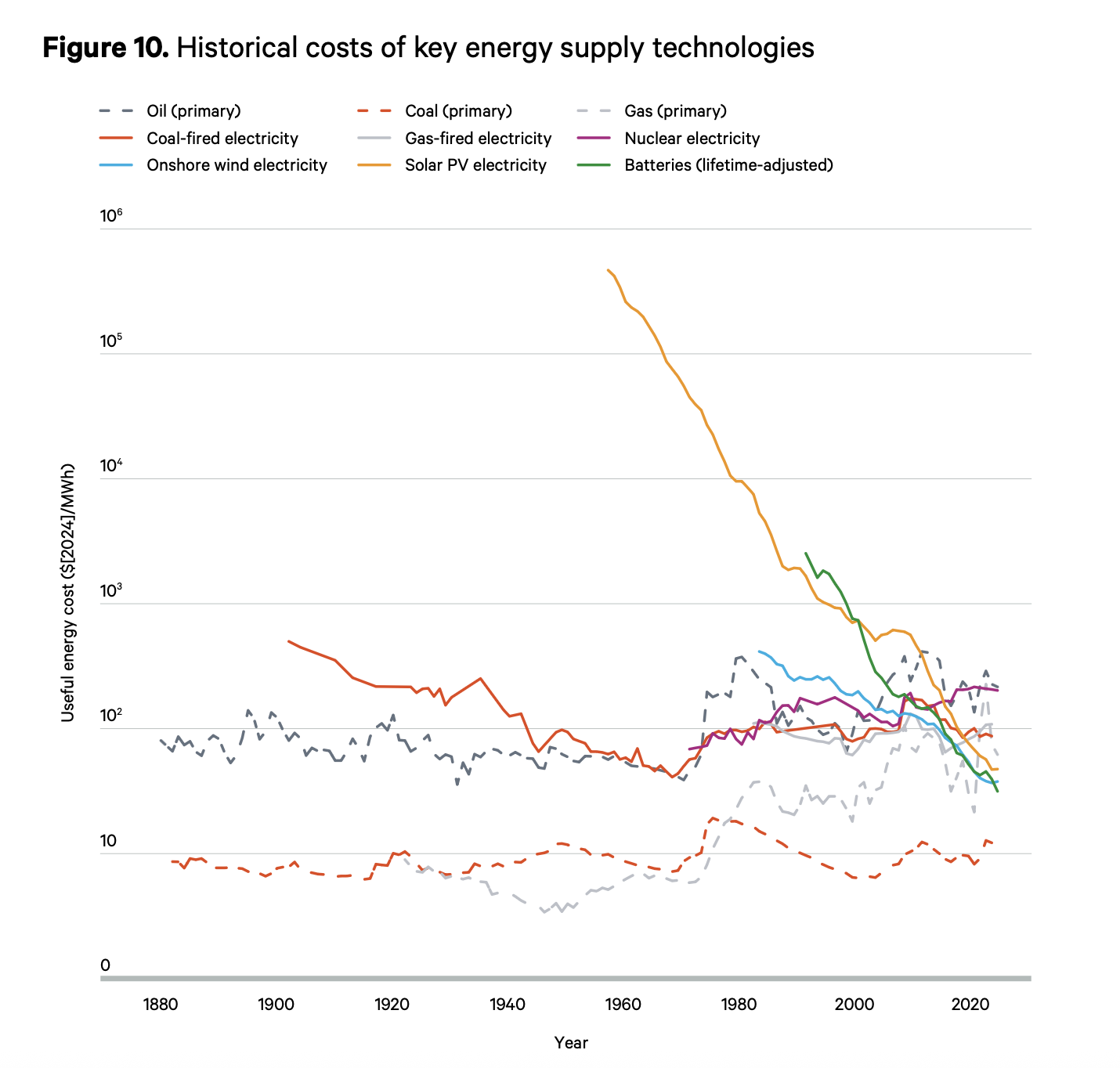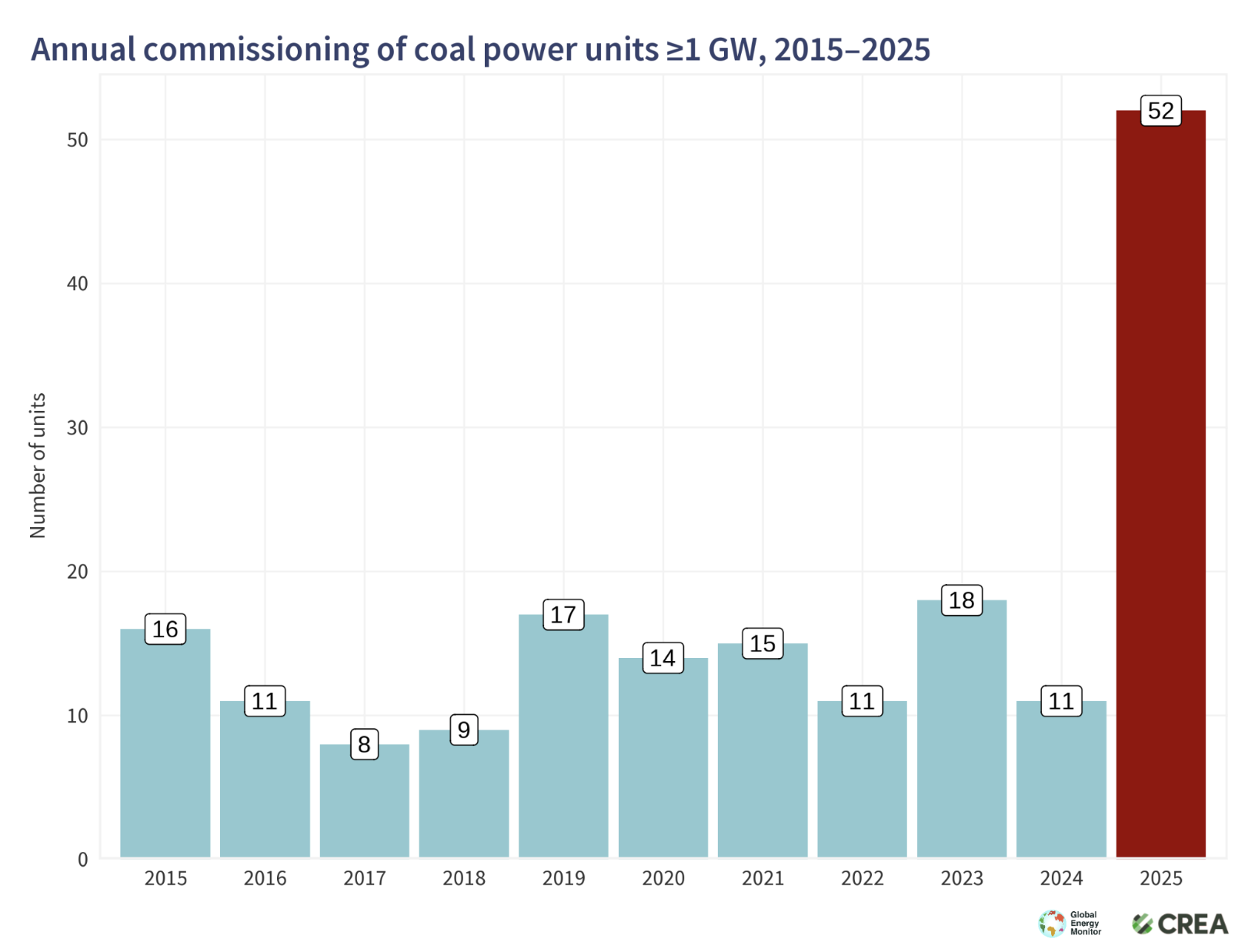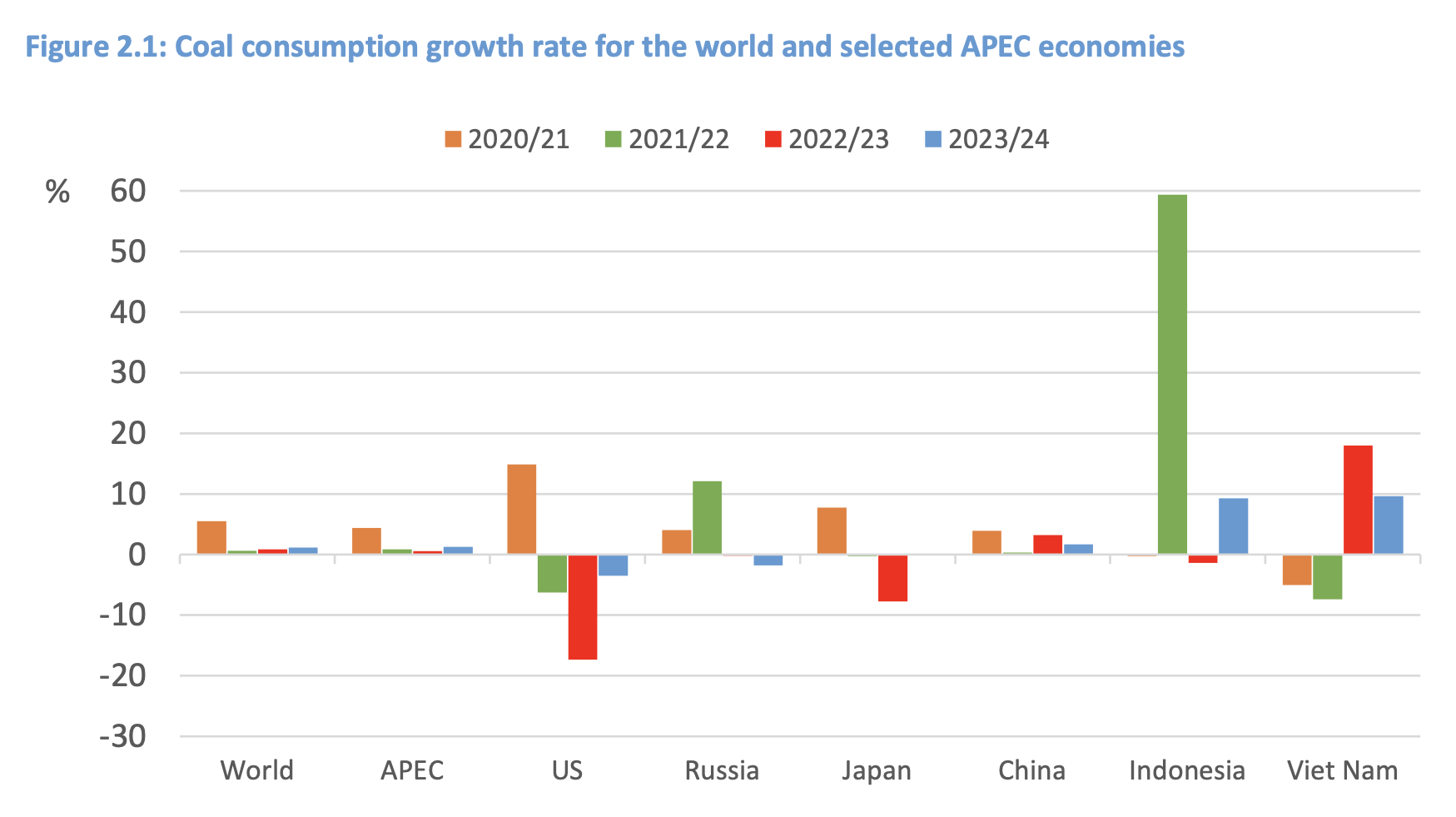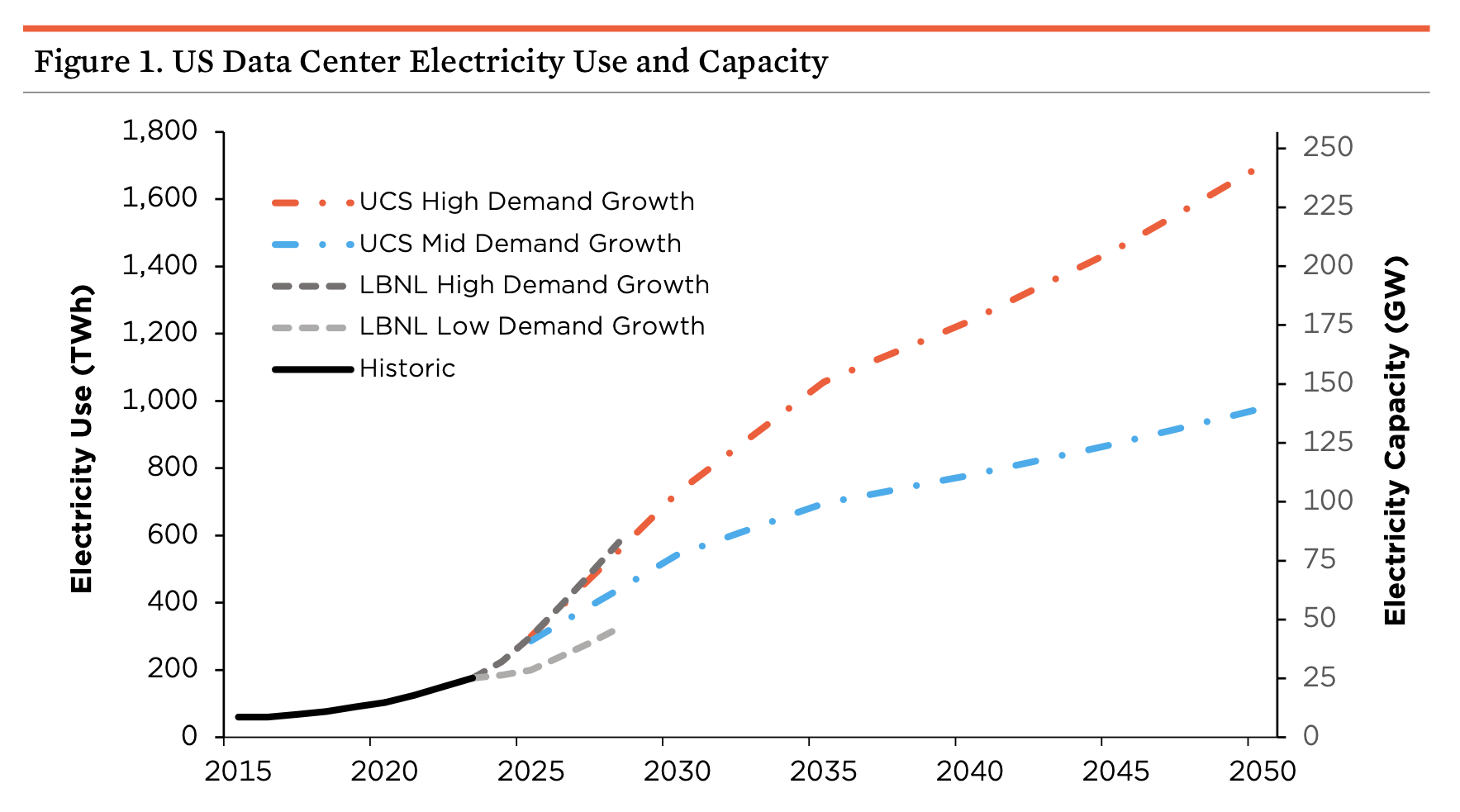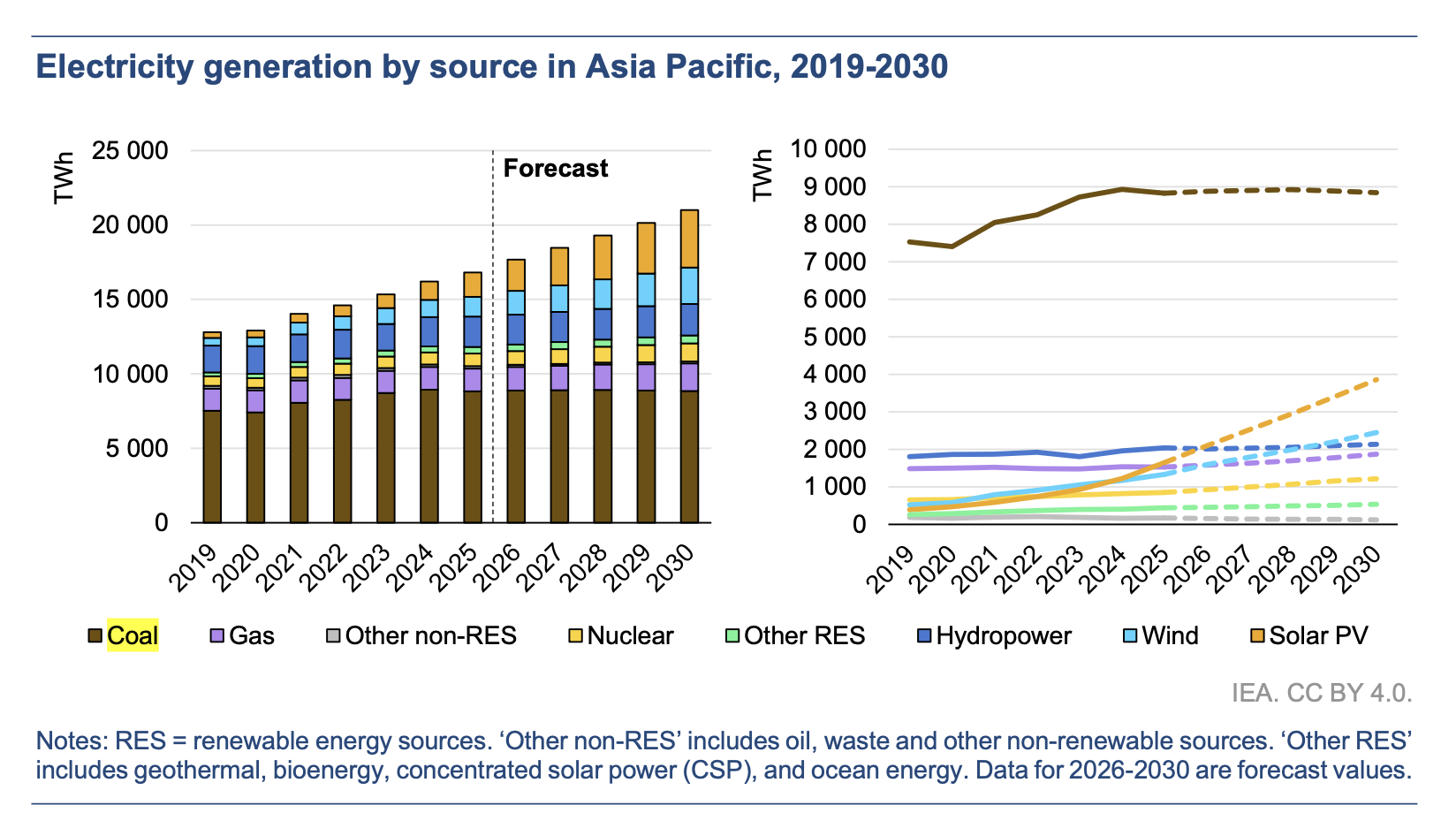

Germany is at the crossroads of critical decisions about its future energy policy. The current national energy strategy has become disconnected from its original objective to deliver competitive energy while reducing CO2 emissions. The Erneuerbare Energien Gesetz (EEG)—the Renewable Energy Act— has been an effective tool in increasing the share of renewables in Germany’s electricity system, but this has come at a cost.
Rising electricity costs present a challenge analogous to the one Germany faced a decade ago from a rigid labor market. Solving that problem was key to enabling Germany’s formidable export performance in the years since.
Today, a rigid and inefficiently organized energy market with rising costs puts Germany’s international competitiveness, and thus its economy, at risk. Rising electricity costs pose a particular challenge to Germany’s export based economy. Exports of valueadded goods and services made up 52 percent of Germany’s gross domestic product (GDP) in 2012. This strong export based economy is highly sensitive to any change in its competitive position relative to its peers.

